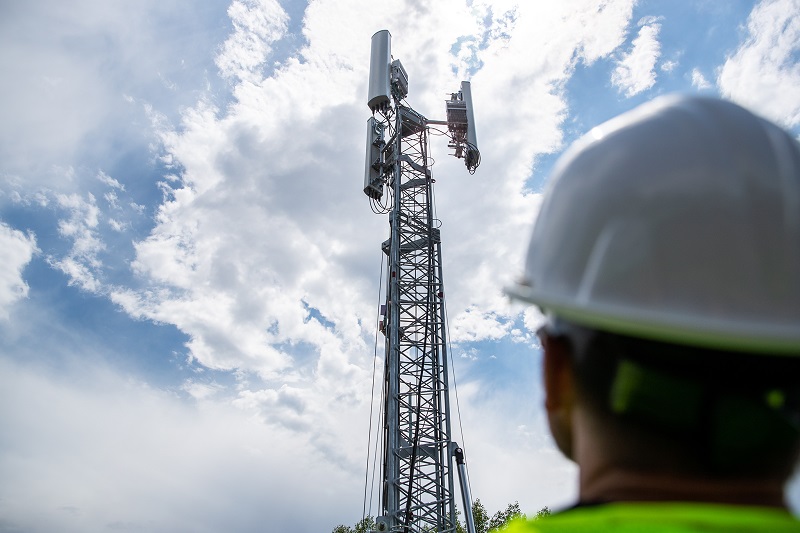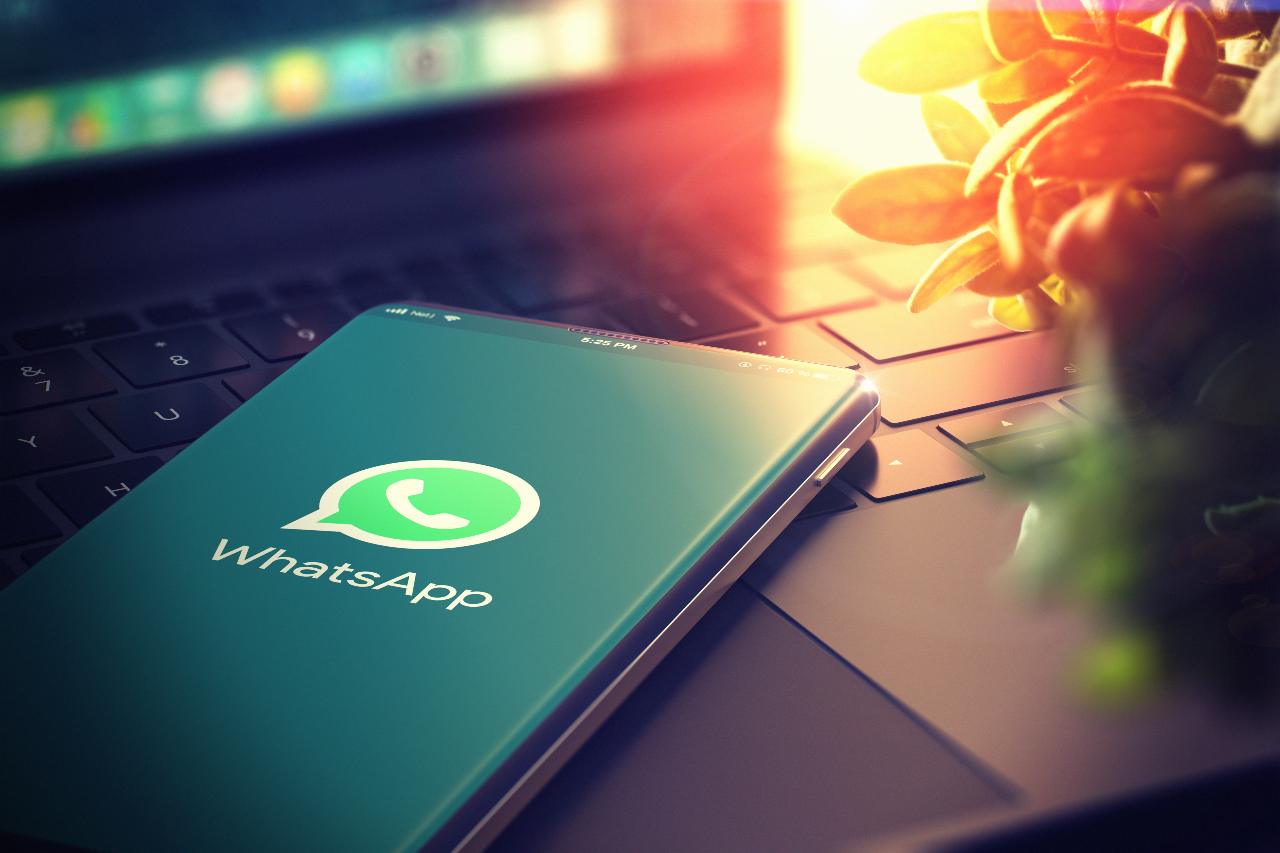Verizon and Amazon Web Services (AWS) are on track to deploy 5G edge compute in 10 cities in 2020. Today, they said they’ve deployed Verizon’s 5G Edge in three new locations: Atlanta, New York and Washington, DC. They had already launched the mobile edge computing (MEC) platform last month in Boston and the San Francisco Bay Area. They still plan to add five more cities by year end.
Verizon hasn’t named the final five cities, but Chicago might be one of them. A Verizon spokesperson recently said the company is working on 5G edge compute with AWS in Chicago, but it is a closed test bed and not available to the public.
The service uses AWS Wavelength to embed compute and storage functionality at Verizon’s 5G Edge. This shortens the roundtrip that data needs to travel.
RELATED: Verizon, AWS bring 5G MEC to Boston, Bay Area
AWS said there are many ultra-low latency use cases that Wavelength and 5G enable, including interactive and immersive experiences such as game streaming and in-venue experiences for live events. In addition, the technology can deliver latency-sensitive financial applications.
The partners are working with a few companies to test Verizon’s 5G Edge. One of those companies is Zixi, whose software-defined video technology enables live video delivery over IP networks. Zixi is testing how a broadcaster’s 4K live broadcast feed can be delivered over 5G using AWS Wavelength, dispensing with the need for satellites.
Verizon and AWS are also working with another video technology company YBVR to test Verizon’s 5G Edge to stream live 8K ultra-high-definition video to sports fans and concert goers, allowing simultaneous users to choose various camera views with low latency.
“With 5G and MEC, fans should be able to enjoy 8K live streams on mobile and XR devices in real-time and have their own, personalized watching experience, which was not feasible before,” said Sebastian Amengual, YBVR chief technology officer, in a statement.
Verizon and AWS first announced their MEC partnership at AWS re:Invent in December 2019.













